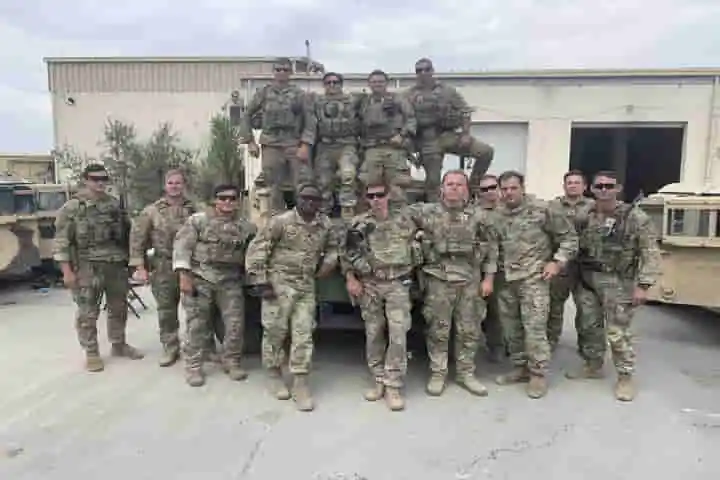America’s top Generals on Tuesday for the first time said publicly that they had recommended to President Biden that the U.S. maintain a residual force of 2,500 troops in Afghanistan to support the government as otherwise the Taliban would take over.
The politically sensitive information was disclosed at a Senate hearing that was telecast live by US news channels and BBC.
“My assessment was back in the fall of 2020, and remained consistent throughout, that we should keep a steady state of 2,500,” said General Mark Milley, chairman of the joint chiefs of staff.
The head of Central Command, General Kenneth McKenzie, said at the hearing that he believed 2,500 troops would be needed and that a full withdrawal would lead to a Taliban takeover. He refused to disclose whether he gave that advice directly to Biden, but claimed he made his views known. McKenzie said he was confident the president heard the recommendations and listened carefully.
Once Mr. Biden had taken the decision, the U.S. troops started the withdrawal, which was effectively finished in July with the closure of Bagram Air Base. This had also left the NATO allies, who wanted to extend the date of withdrawal, with no choice but to pull out their troops.
"I will give you my honest opinion, and my honest opinion and view shaped my recommendation [to the president]," McKenzie said. "I recommended that we maintain 2,500 troops in Afghanistan, and I also recommended earlier in the fall of 2020 that we maintain 4,500 at that time. I also have a view that the withdrawal of those forces would lead inevitably to the collapse of the Afghan military forces and eventually the Afghan government."
The statement contradicts comments Biden made during an interview in August when he said his military advisers did not tell him to keep troops on the ground after the withdrawal deadline.
White House press secretary Jen Psaki told journalists that Biden had made clear in the interview that advisers were split over the issue. She said Biden's military advisers also made clear that had 2,500 troops been left in Afghanistan, they would have had to fight the Taliban, and would need to be reinforced.
"There was a range of viewpoints, as was evidenced by their testimony today," Psaki told reporters, noting that Biden had asked his advisers for their frank assessments and recommendations.
"He didn't think it was in the interests of the American people" to keep a troop presence in Afghanistan, she said. "Ultimately, it's up to the commander-in-chief to make a decision."
Milley also said at the Senate hearing that he felt the military commanders on the ground were listened to.
"I think there's a difference between us having an opportunity to have a voice," he said, "but I firmly believe in civilian control of the military, and I am required and the military commanders are required to give our best military advice, but the decision makers are not required in any manner, shape or form to follow that advice."
Milley pointed out that the withdrawal was in fact two operations: the withdrawal of U.S. troops from the country and the "noncombatant evacuation."
"It was a logistical success but a strategic failure. And I think those are two different terms," he said.
Also read: Is hasty evacuation of Bagram air base Joe Biden’s biggest blunder in Afghanistan?




















